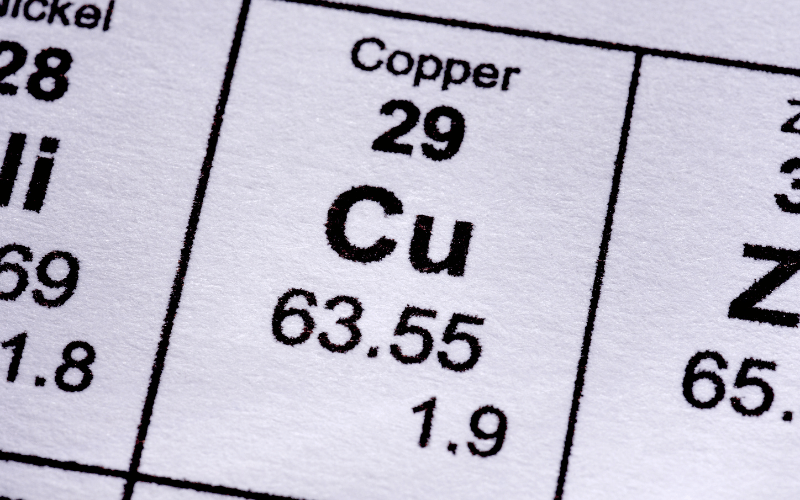Introduction: Understanding Copper Deficiency and Its Impact on Health

Copper is more than just a mineral found in the earth’s crust; it’s a vital component for the human body, playing a key role in maintaining our health. Found in all body tissues, copper is crucial for the formation of collagen, absorption of iron, the immune system’s proper functioning, and the maintenance of bone, nerve, and cardiovascular health. The body’s daily requirement for copper may seem minimal, but this trace element participates in numerous physiological processes.
Copper deficiency or hypocupremia refers to the inadequacy of copper within the human body. While rare, it can lead to severe health problems if not identified and treated. From anemia to neurological issues, the symptoms of copper deficiency are varied and may often be overlooked or misattributed to other health conditions. This makes understanding the symptoms and the roles copper plays in the body all the more vital.
Though copper deficiency is relatively rare, certain populations and individuals with specific health conditions may be more at risk. These include individuals with celiac disease, those who have undergone gastric bypass surgery, and people on a specific diet that might exclude copper-rich foods. Understanding these risk factors can aid in early detection and prevention.
The symptoms of copper deficiency are numerous, ranging from physical manifestations like skin discoloration to more subtle signs like cognitive decline. The diversity of these symptoms often makes diagnosis challenging. The following segment details the top 10 symptoms of copper deficiency, providing insights into this complex and often overlooked health condition.
Symptom 1: Fatigue and Weakness

Fatigue and weakness are common signs of copper deficiency. Copper’s involvement in iron absorption is essential, and its deficiency can lead to anemia. Anemia, in turn, leads to fatigue as the body is unable to carry sufficient oxygen to meet its energy demands.
People with copper deficiency often report a lack of energy and an overwhelming feeling of tiredness. This fatigue is more than just feeling sleepy; it’s an exhaustive weakness that doesn’t go away with rest.
This debilitating fatigue can significantly impact daily life. Routine tasks become challenging, and the overall quality of life can diminish. Productivity may decrease, and social activities might be limited due to lack of energy.
Addressing the underlying copper deficiency is the key to managing this symptom. Including copper-rich foods like shellfish and whole grains or copper supplements under medical supervision can alleviate fatigue.
Regular monitoring of copper levels, understanding individual risk factors, and maintaining a balanced diet can prevent this deficiency. Awareness of how one’s body reacts and seeking medical advice when persistent fatigue occurs are vital. (1)